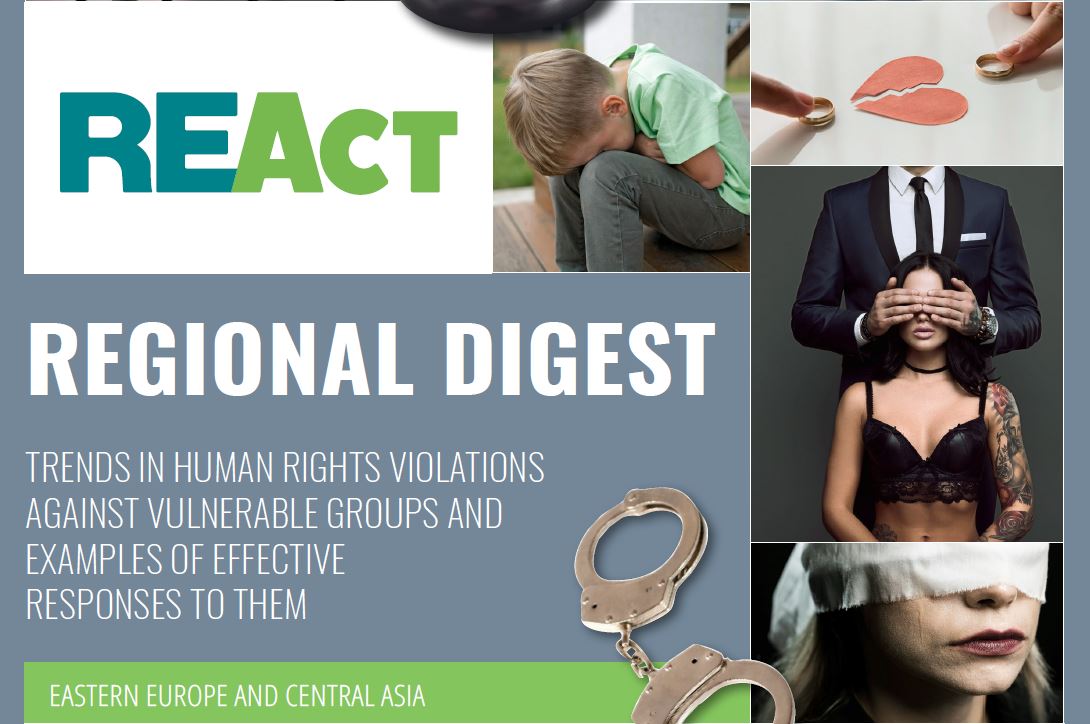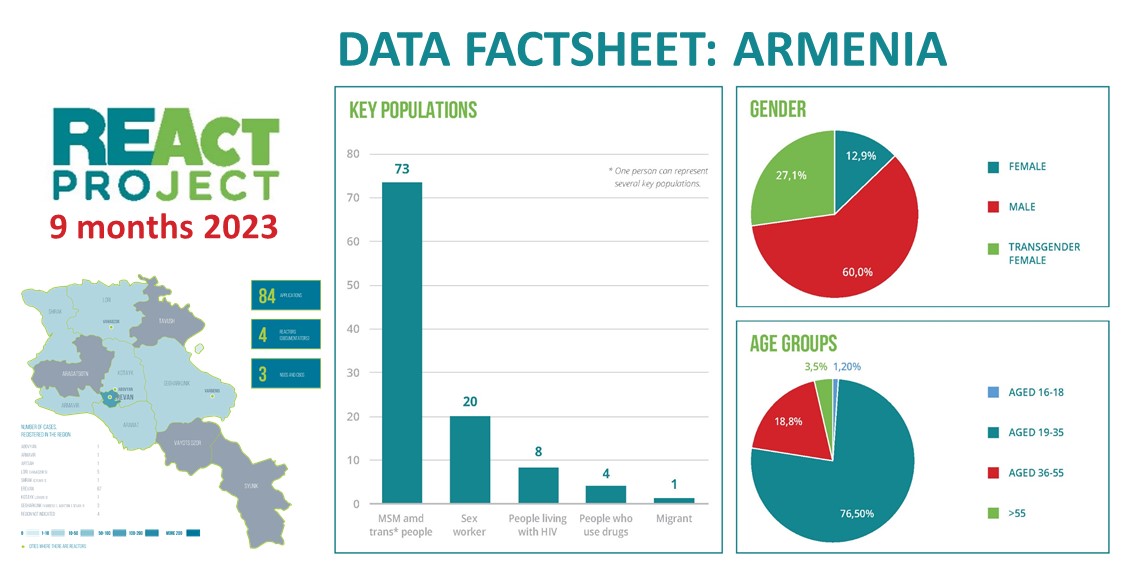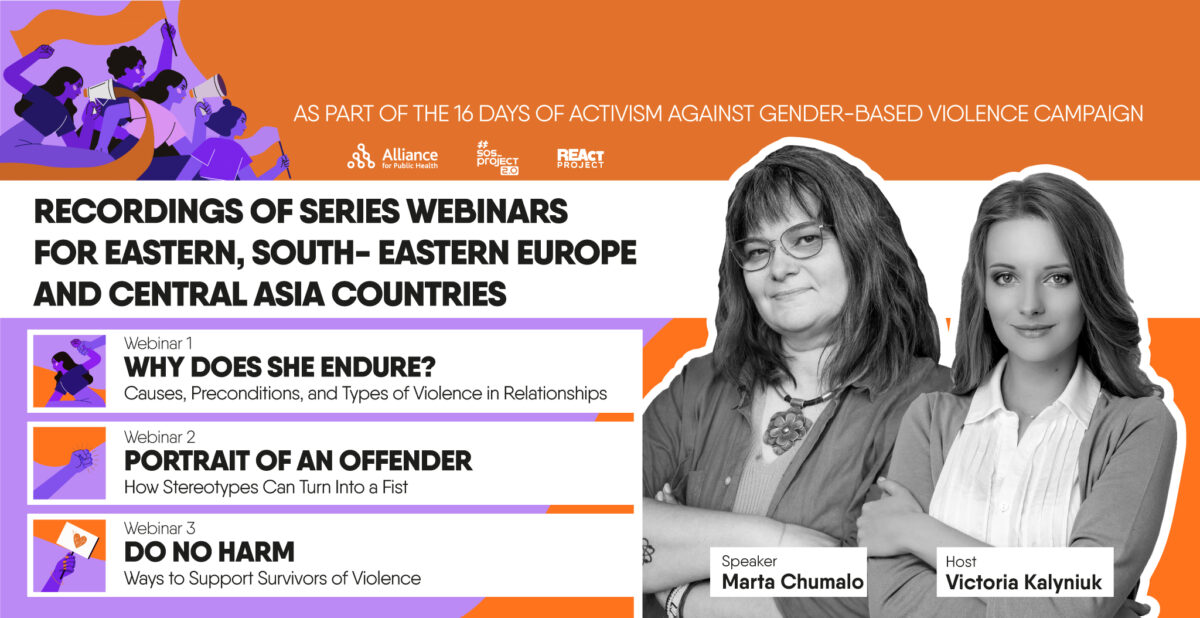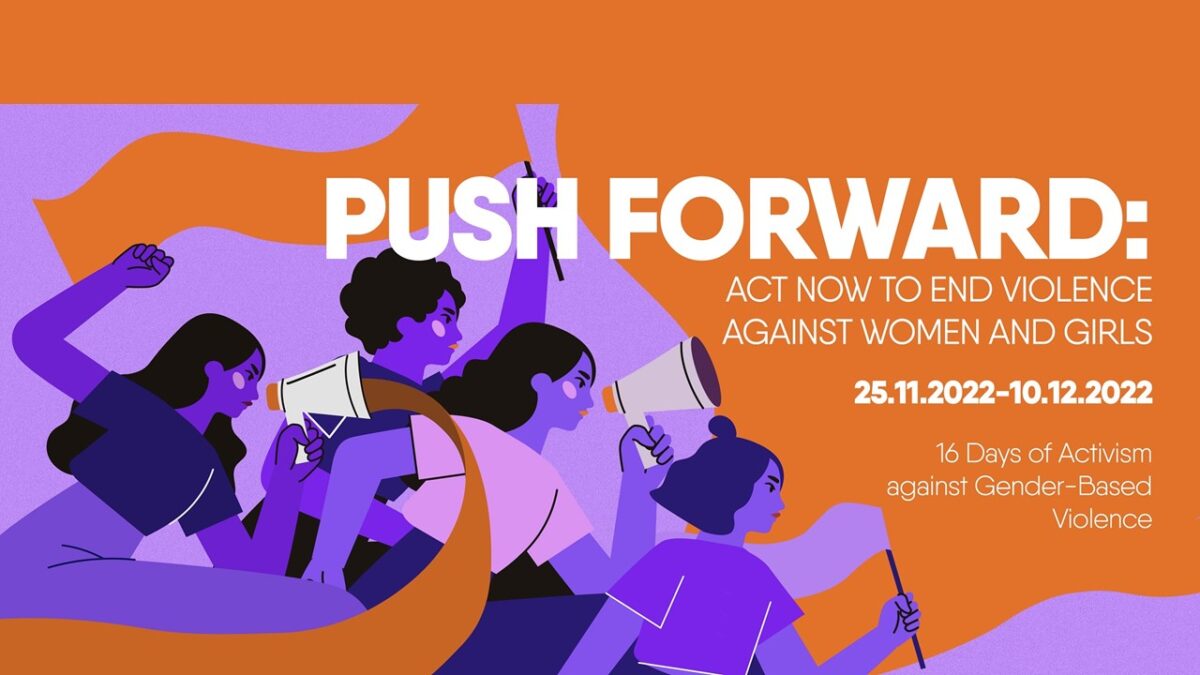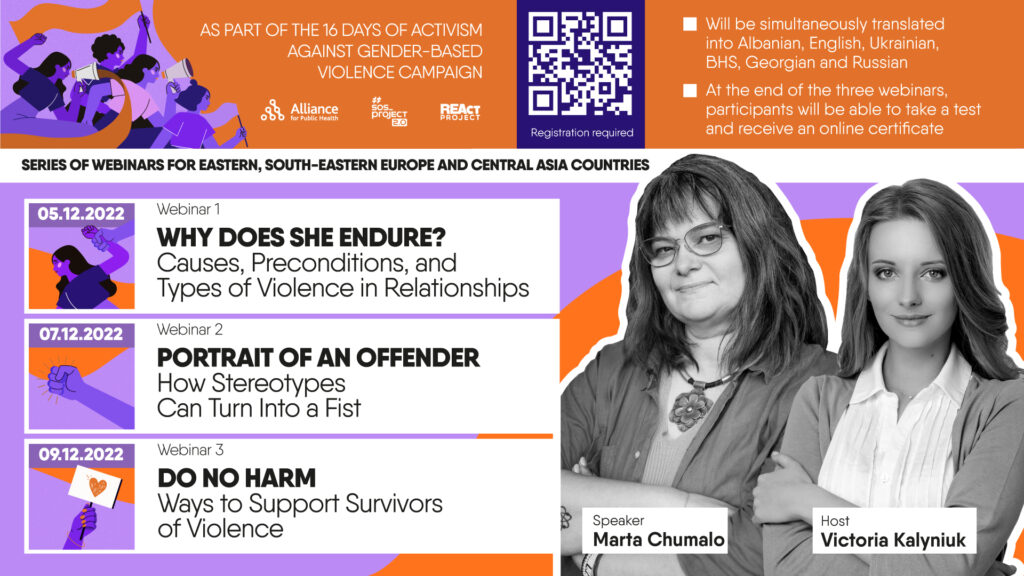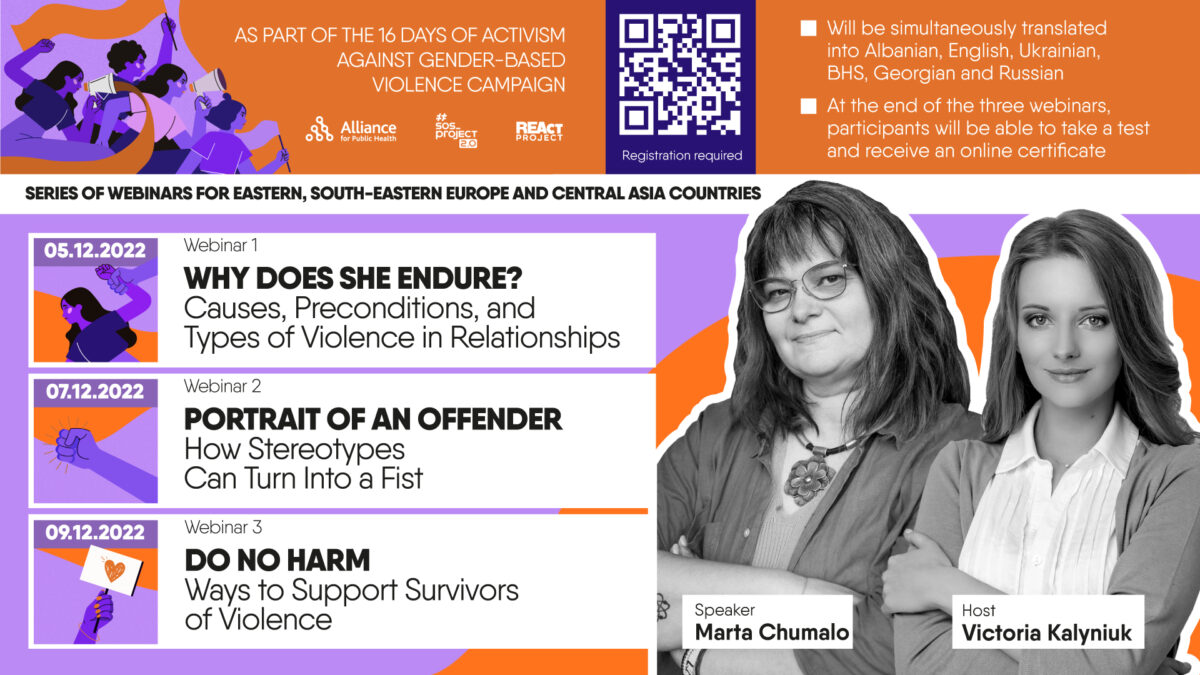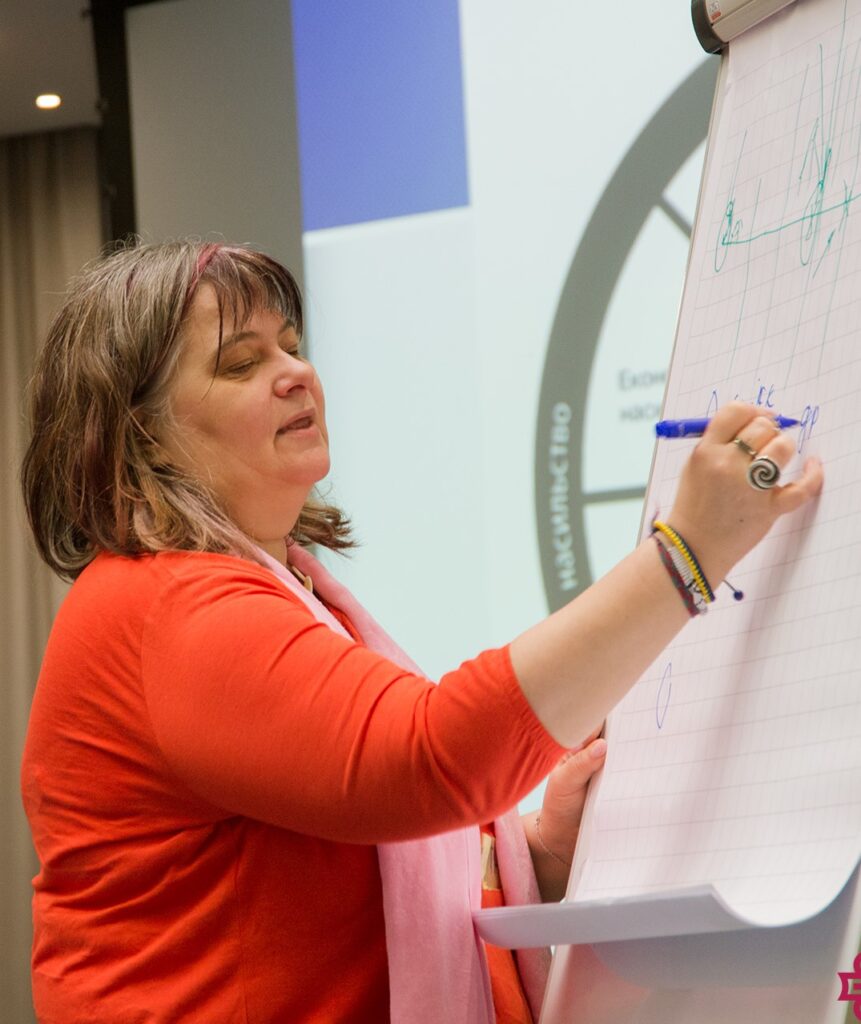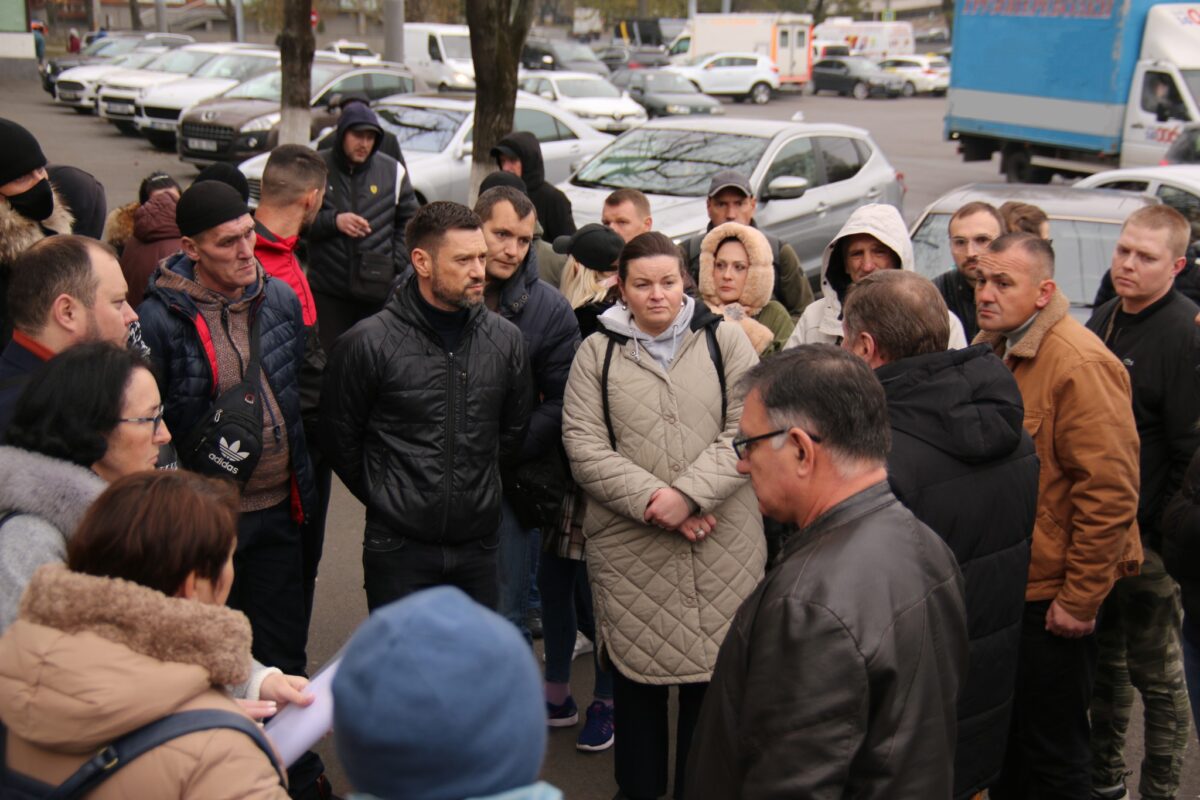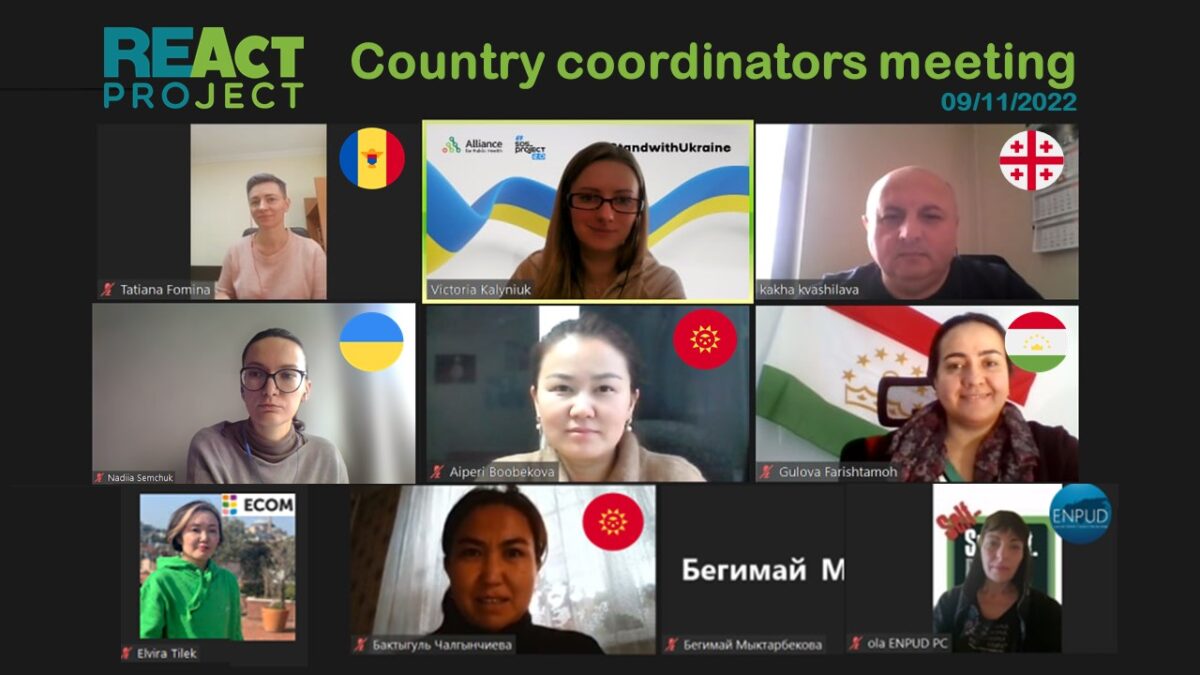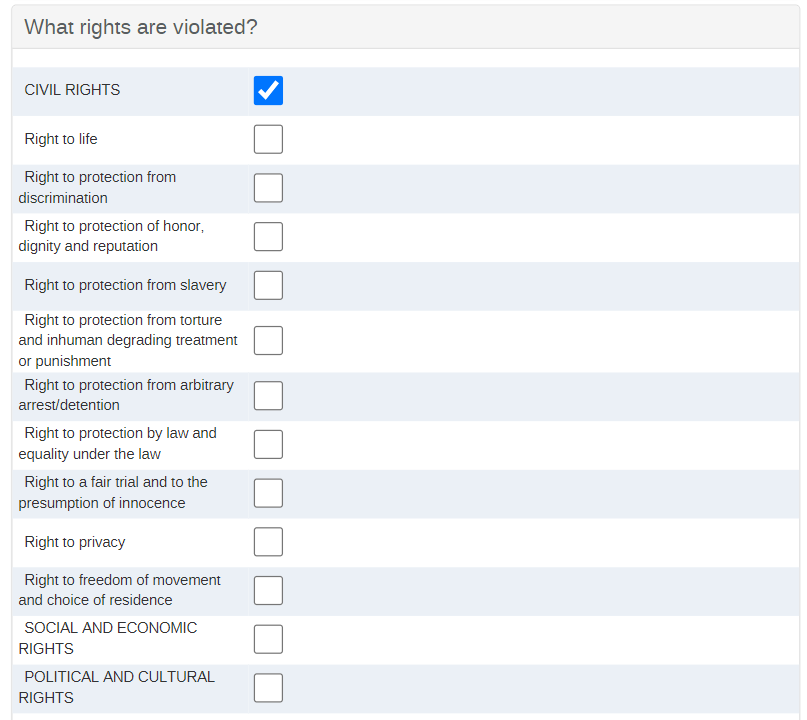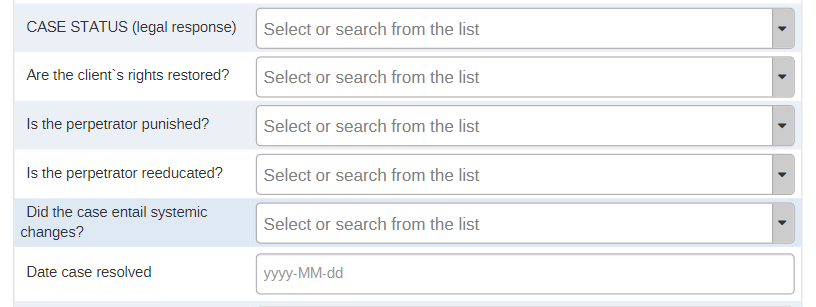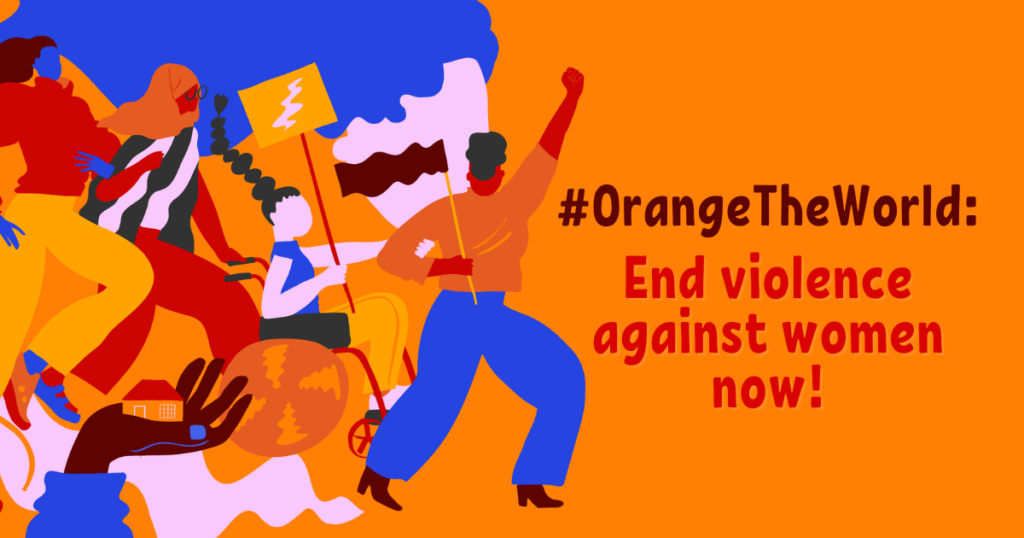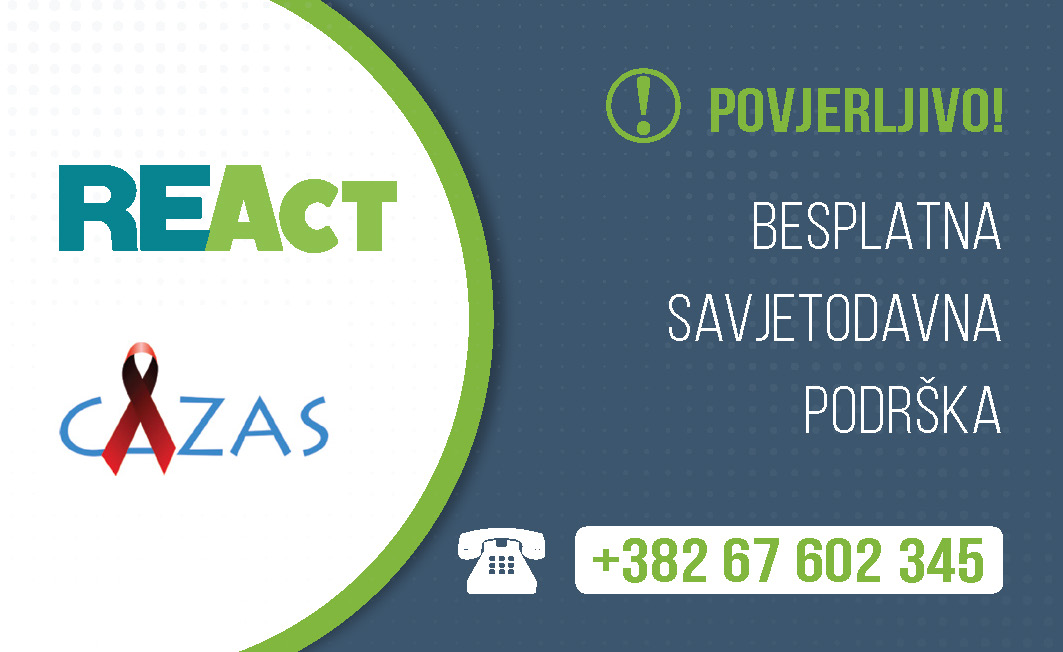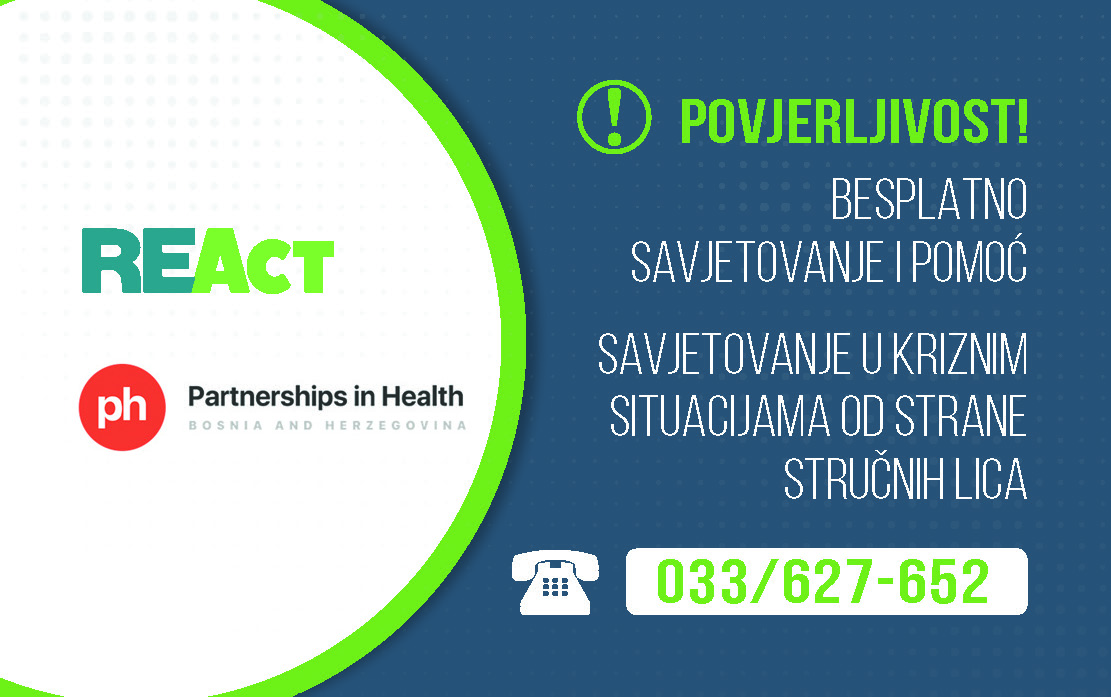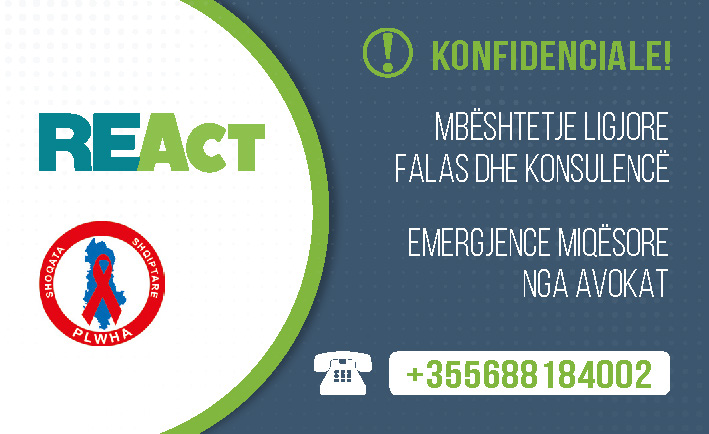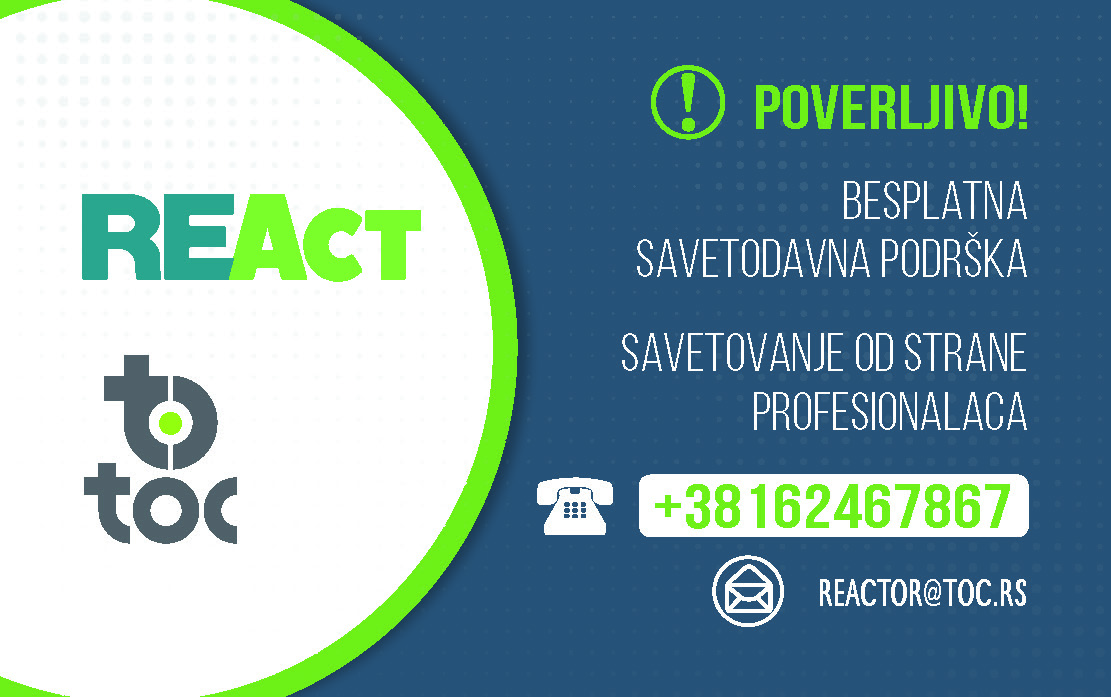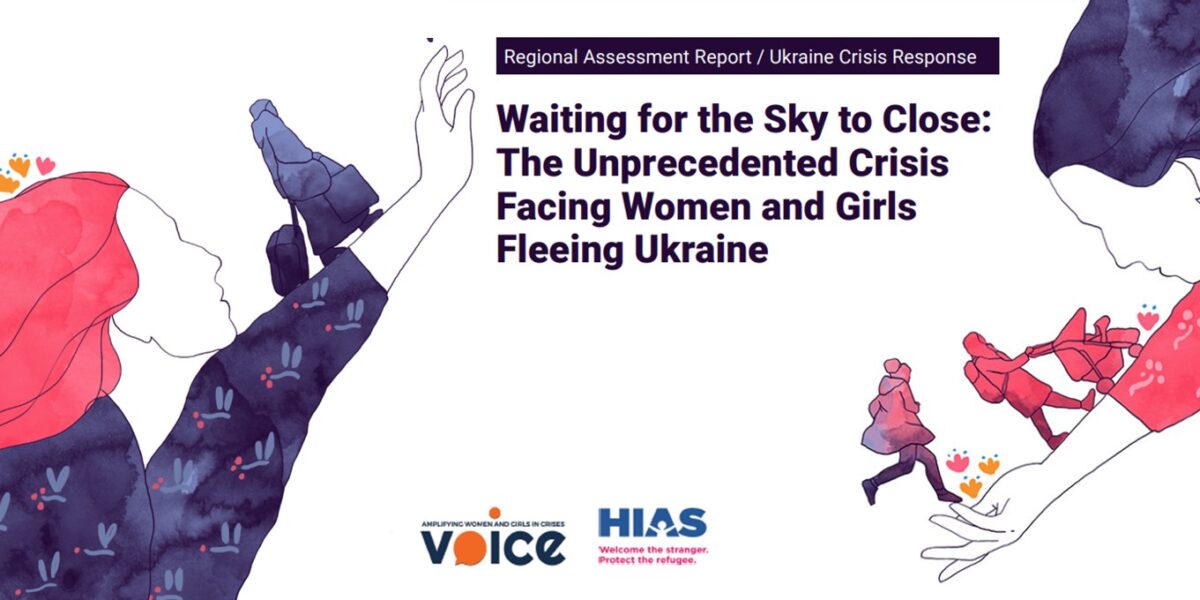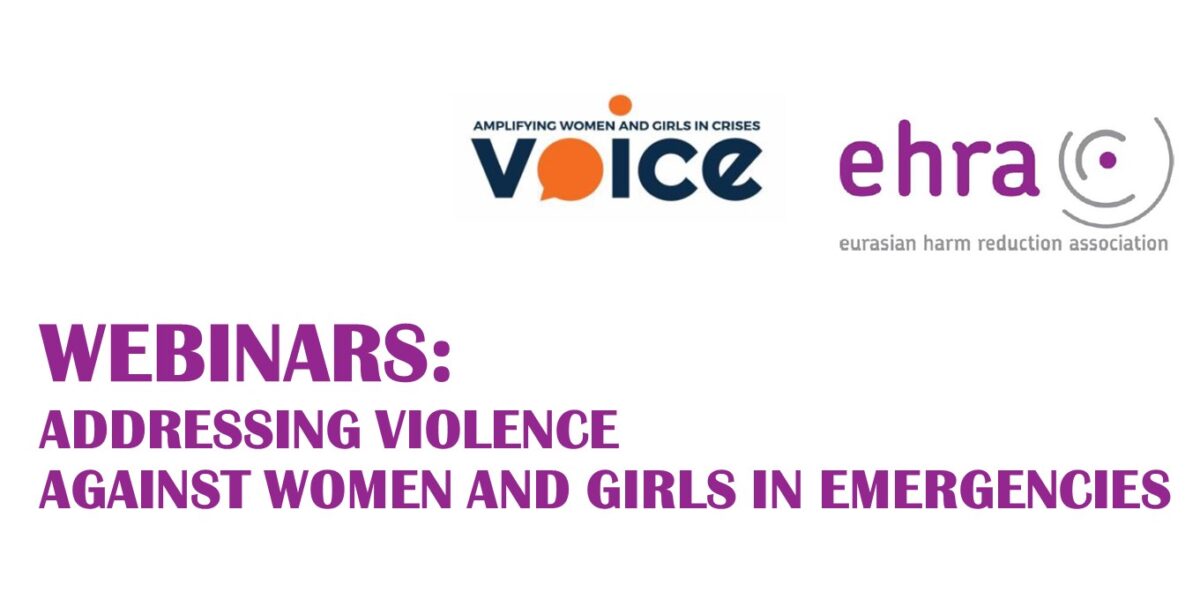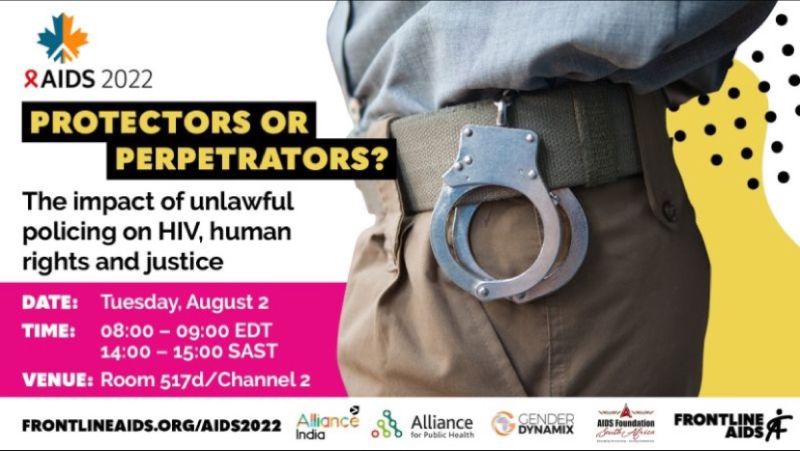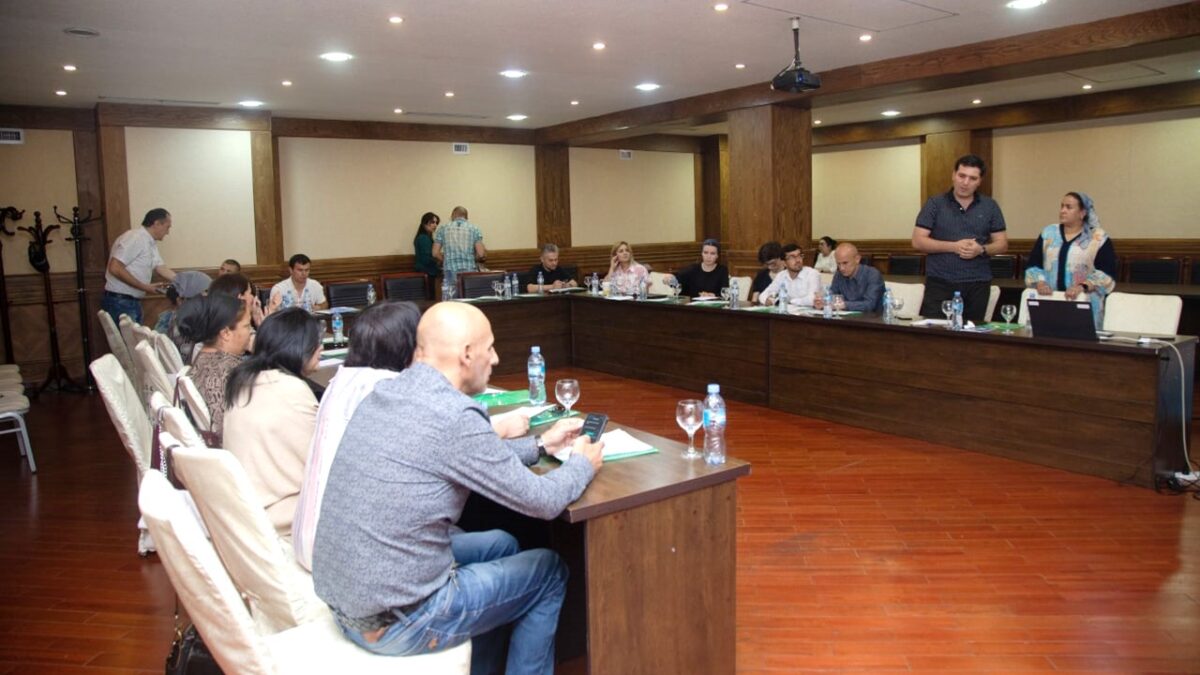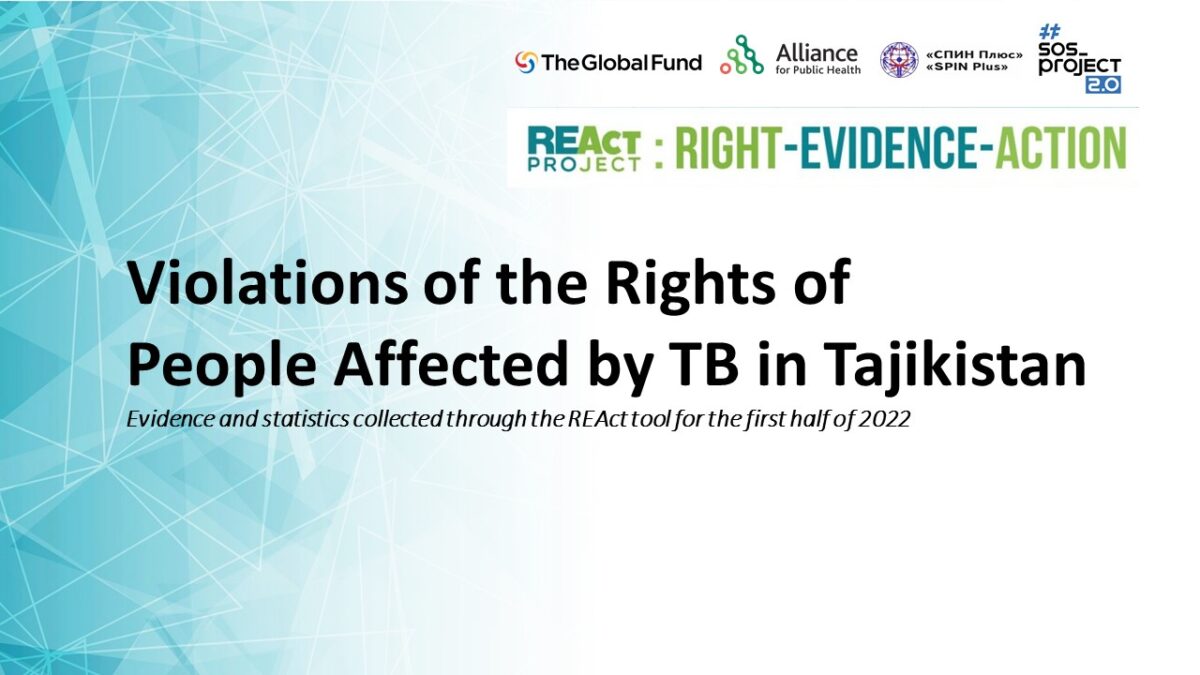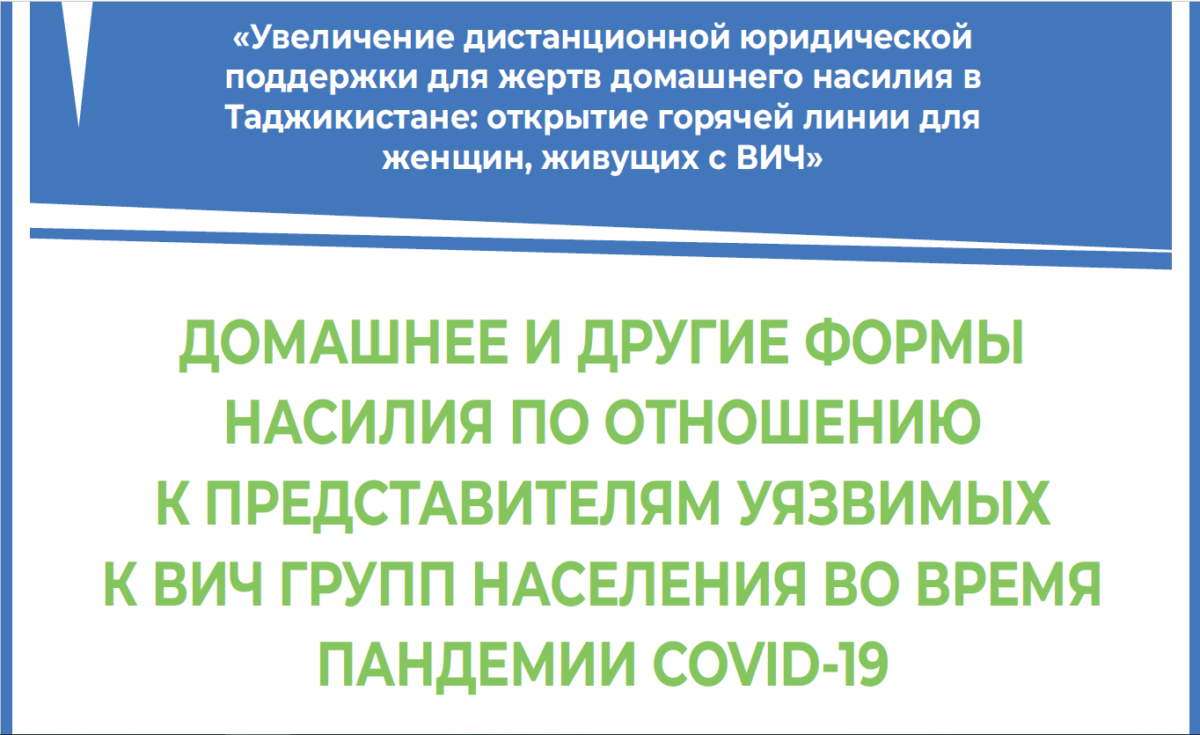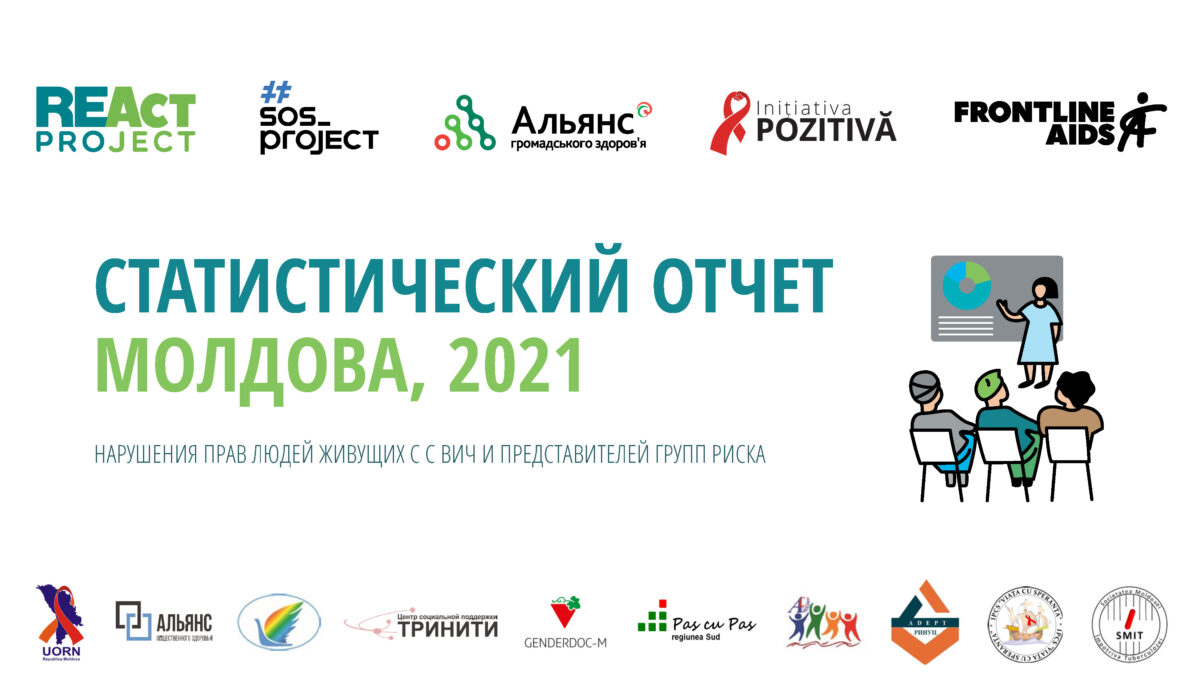In the first half of November 2022, 11 cases were registered in the REAct database. All of them were on the same topic, which excited the community of people on substitution therapy.
Access to treatment for drug addicts has been intermittent during the last few years. This is due to a discrepancy between planned purchases and actual needs, which leads to insufficient stocks. And this leads to the fact that patients are offered to switch to another drug, or sharply reduce the dose of the drug.
It has a negative impact on overall drug treatment and its effectiveness. Experience of previous years shows that in such situations the risk of returning to «street drugs» and all associated consequences such as delinquency, health problems, overdose and death increases.
On Tuesday, I got to the point where I was lowered the dosage. They said it was due to the Ukrainian war. But I don’t believe it’s the first time it’s happened, and they tell us what the story is, and then they find out it’s a hoax. Why is it happening and why are we being intimidated?
13.11.2022 Denis, 41 years old, substitution therapy patient.
I am really sick of them, they talk you up, and when you get used to the optimal dose, you start to get it off. Each day you worry about your health as it depends on the competent public authorities. Why is that happening and this is not the first time. How often you can make fun of people like that.
13.11.2022 Maxim, 35 years old, patient of substitution therapy.
So, on November 16, in front of the Ministry of Health, a working meeting was held under unusual conditions. Representatives from the Drug Dispensary, civil society and patients (drug therapy recipients) were in attendance.
Parties discussed the question of periodic interruptions in access to pharmaceutical treatment by buprenorphine in the Republic of Moldova. This is due to the gap between expected purchases and actual needs, due to the COVID-19 pandemic, the war in Ukraine and other unforeseen circumstances. Nevertheless, this leads to asking patients to change the medication, or drastically reduce the dosage of the medication.
Through meaningful dialogue, the meeting noted the following solutions in the current situation:
- From all pharmacotherapy sites buprenorphine, where it is not used, will be redirected to compensate for the deficiency;
- The emergency purchase process for a new batch of medication has begun;
- In the future, the needs and the process of developing the terms of reference will be open and agreed at various stages by the SMS working group (country coordinating committee) or any other working group.
- All sites that distribute pharmacotherapy will be required to use the licensing system. This will allow real-time inventory of drugs across the country and individually for each site.
We understand the complexity of the situation and do our best. Specifically, we have collected pharmacotherapy buprenorphine from all sites where it is not used to compensate for a deficiency on other sites. Also, the process of emergency procurement was launched: we appealed to the Odessa supplier and, we hope, that in the near future the issue will be resolved. And we agree in the future to use a wider platform where we will discuss and approve the need for the drug (buprenorphine, methadone) taking into account all perspectives and initiatives. And of course, we believe that the electronic system of registration of services, which is already used in Chisinau on two sites, is very effective, and we are for it to be used in all sites so that we at any time everyone can see what kind of coverage we have, how much drug in warehouses and other.
Tudor Vasiliev, Director of the Republican Drug Dispensary
The article used materials and photos – KAP Moldova – Comitetul populațiilor cheie afectate
Read also:
Limitation of access to buprenorphine in prisons in the Republic of Moldova
Great victory! The OST site is finally opened in Orhei


